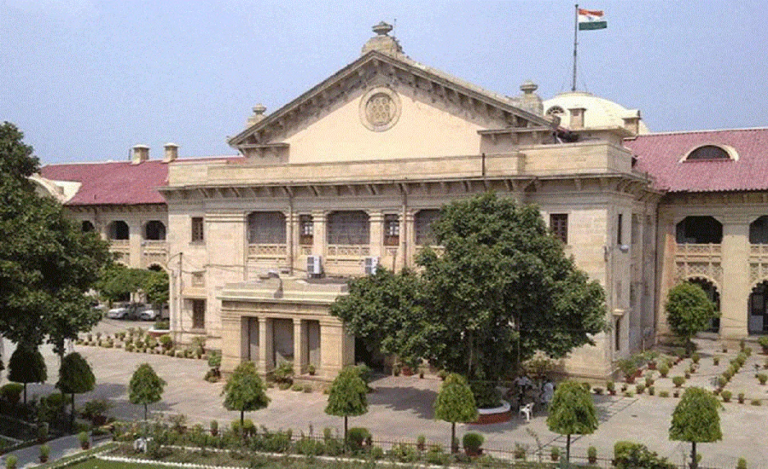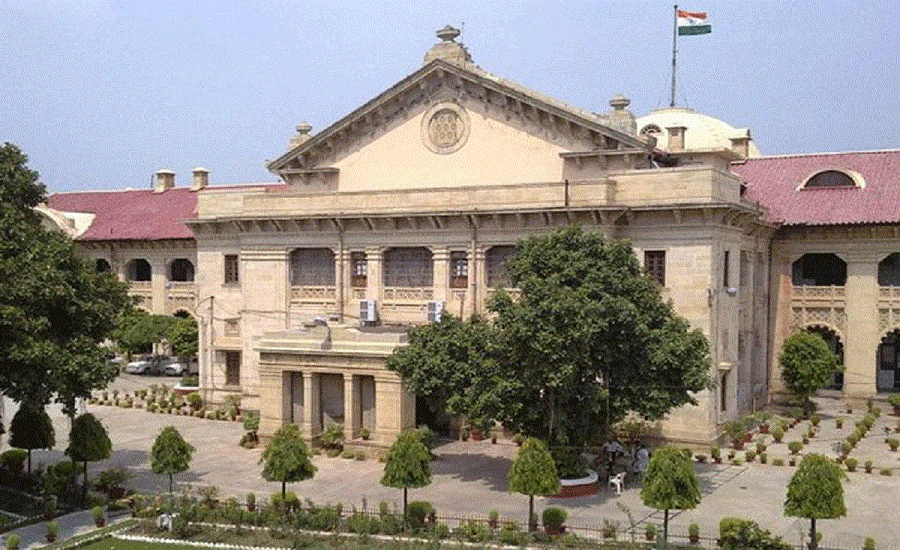

Clarion India
NEW DELHI – The Allahabad High Court Wednesday striked down the provision to publish a notice of intended marriage under the Special Marriage Act and made it optional.
The judgment was on a habeas corpus petition that alleged that an adult girl has been detained against her wishes to marry her lover who belongs to a different religion. The couple had told the court that the mandatory 30-day notice is an “invasion of privacy and bring interference in their free choice with regard to their marriage”.
Justice Vivek Chaudhary observed that making such publication mandatory invades the fundamental rights of liberty and privacy, including within its sphere freedom to choose for marriage without interference from state and non-state actors, of the persons concerned, Live Law reported.
Further, the court in its order said that the parties intended to marry can send a written request to the marriage officer on whether to publish or not publish the 30-day notice. It also added saying that in case a couple does not wish to get a notice published, the marriage officer will not publish any such notice or entertain any objections but instead proceed with the solemnisation of marriage.
“Thus, this court mandates that while giving notice under Section 5 of the Act of 1954 it shall be optional for the parties to the intended marriage to make a request in writing to the Marriage Officer to publish or not to publish a notice under Section 6 and follow the procedure of objections as prescribed under the Act of 1954. In case they do not make such a request for publication of notice in writing while giving notice under Section 5 of the Act, the Marriage Officer shall not publish any such notice or entertain objections to the intended marriage and proceed with the solemnization of the marriage,” the court held in its order.